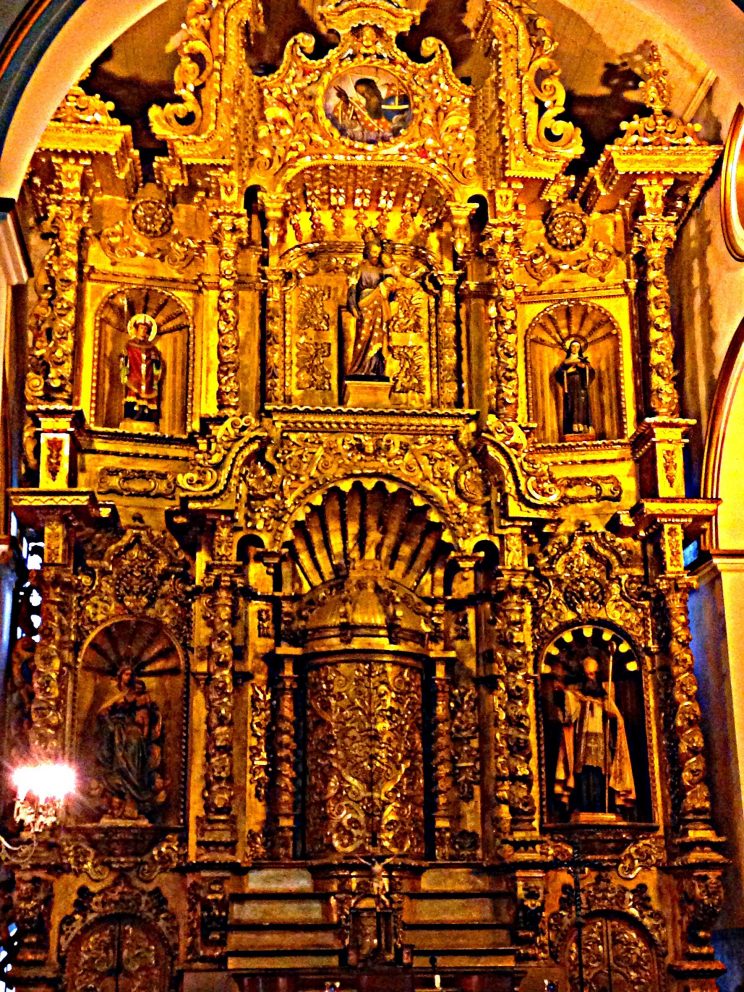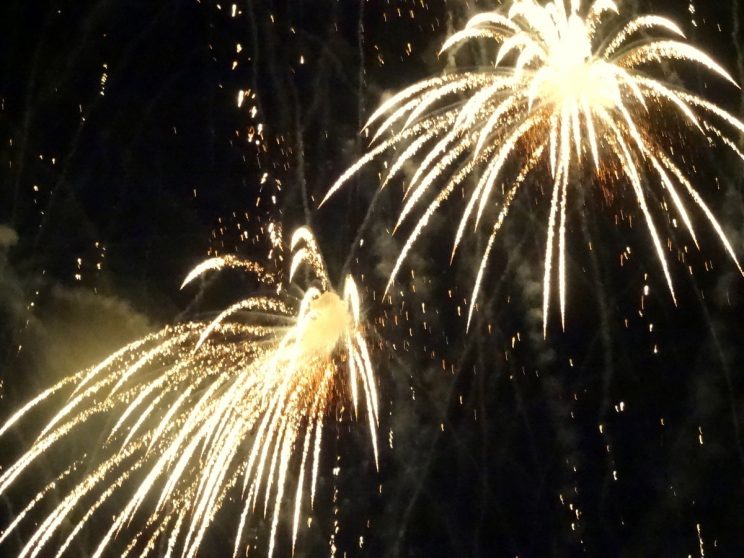International students share thoughts on national holidays
By Risa Fukaya – Horizon News and Feature Editor
Holidays are clearly one of the most significant ways we showcase culture. But from my (Japanese) perspective, people in the US seem to really cherish their holidays. In fact, there are only 10 official holidays in the US, but the energy the nation devotes to holidays makes up for it.
In Japan, there are 16 holidays a year, but sometimes people don’t even know what particular holidays are for. On the other hand, people in the US seem understand each holiday’s historical background and spend more time and money on them than Japanese. On Independence Day, for instance, Americans go all out. Although there are many fireworks displays during the summer in Japan, I have never seen bigger fireworks than those on Independence Day.
Halloween is not an official holiday, but I had just experienced it last month for the first time in the US. Stores sold hundreds of pumpkins and decorated pumpkins could be found all over our campus.
Next week is Thanksgiving, and over the last few weeks I’ve heard students talking about their plans.
I started to wonder, what are the most significant holidays celebrated by the other nations represented at Hesston?
Holy Week: Holy Week, according to the tradition of the Roman Catholic Church, begins with Palm Sunday, when Jesus enters Jerusalem and is received with palm leaves. Panamanian people go to church with their family and pray. People do not eat any kinds of meat during Holy week.

Christmas: “My favorite holiday in Spain is Christmas,” sophomore Jose Lezama Mendoza said. “Because my families are living in all over the world, and Christmas is the only one opportunity to get together with them.”
During Christmas, the Spanish eat homemade food and throw parties complete with Spanish dancing. In contrast to the US, in the Spanish tradition, there is no Santa Claus. People believe that Jesus is the gift given especially for them.
Easter: In Ethiopia, Easter is called Fasika. Fasika is important holiday for Ethiopian Orthodox Tewahedo Church. People do not eat any kinds of animal products for 55 days. After breaking a fast, people eat lamb at their own house. They also go to church and pray.
Bastille Day: Bastille Day is the French National Day on July 14. It is a day to remember the beginning of French Revolution and the storming of the Bastille, or Bastille Saint-Antoine, a fortress in Paris that played an important role in the internal conflict of France. At the night, People enjoy watching fireworks.



